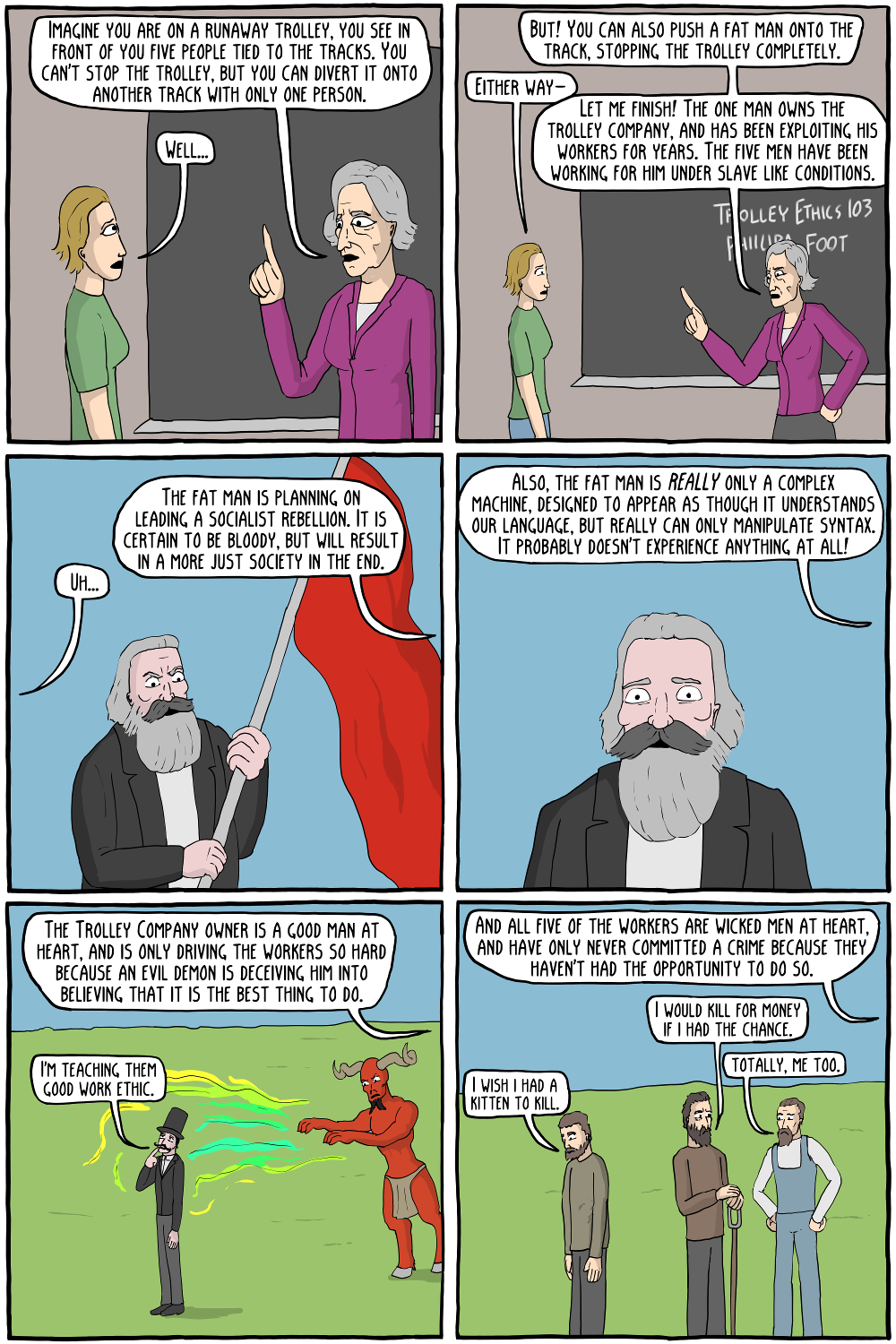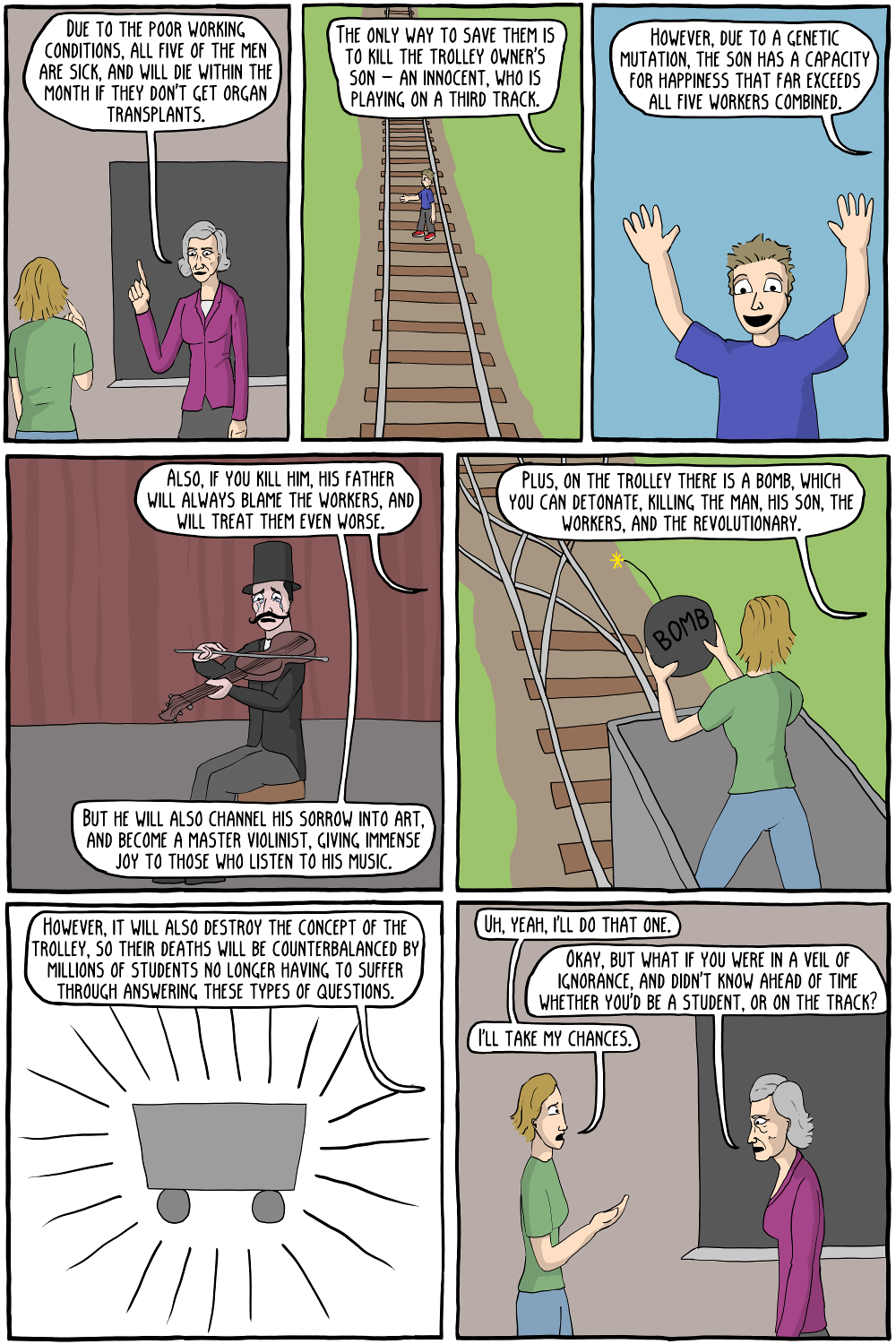I thought “Facilitated Communication” had been killed once it was demonstrated to be a Clever Hans phenomenon, but how silly of me – of course it wasn’t. David Auerbach has a long, informative piece on the subject at Slate.
FC has never been accepted by the medical or psychological communities (it’s been called the “cold fusion” of autism therapies). Dozens of professional organizationshave specifically issued statements against its use, including the American Psychological Association, the American Association on Intellectual and Developmental Disabilities, the American Academy of Pediatrics, the American Speech-Language-Hearing Association, and the International Society for Augmentative and Alternative Communication. Clinical psychologist Jerome Sattler categorically states in his standard Foundations of Behavioral, Social, and Clinical Assessment of Children: “Under no condition should you use facilitated communication to interview a child with ASD [autism spectrum disorder]” (emphasis mine).
But FC found a home in education departments. Douglas Biklen’s Facilitated Communication Institute (recently renamed the Institute on Communication and Inclusion) at Syracuse, which offers training programs in FC, is the center of FC activity then and now. FC advocates are funded in large part by two private foundations that have each donated millions, the Nancy Lurie Marks Foundation and the John P. Hussman Foundation. Advocates have gradually penetrated into the public school system, the autistic community, and even the President’s Committee on Intellectual Disabilities. Biklen himself was appointed Dean of the School of Education at Syracuse in 2005—over strong objections from many academics—possibly relating to Syracuse’s then-Chancellor Nancy Cantor’s enthusiastic approval of FC. Non-academic support for FC is generated through sympathetic organizations such as the Association for Persons with Severe Handicaps (also known as TASH), the Autistic National Committee (AutCom), and the Autistic Self-Advocacy Network (ASAN), which all parrot the FC party line to varying degees, as well as propaganda films for FC like 2005’s Autism Is a World, co-produced by Biklen. Nonprofits help fund institutes like the one at Syracuse, while the FC supporters at those institutes serve on the boards of those nonprofits.
What’s so creepy about this is that it’s not just that FC doesn’t work, it’s that it creates a situation in which the people who do the FC speak for the people they are facilitating, as opposed to making it possible for the locked-in people to speak for themselves.
The science of FC remains as sketchy as ever: A comprehensive 2014 article confirms that little new evidence has emerged to support FC even as more has stacked up against it. Biklen pointed me to a 1996 study that claims to support FC’s effectiveness, but he grossly overstates its case. In an attempt to demonstrate “message passing,” researchers showed words to FC subjects that their facilitators could not see, then had the facilitators help the subjects report the word they had just been shown. As psychology professor James Todd points out, the overall failure rate is 90 percent, “suggesting that facilitators were guessing.” In response to criticisms, Biklen told me, “That could show the fragility of the method, but it could also show the fragility of the research situation.”
Biklen’s Syracuse institute attempts to cast doubt on such methods of testing for “authorship,” or whether the disabled person being guided by a facilitator is really responsible for the content of FC messages. He insists, “it is crucial that the [FC subject] learns means of demonstrating authorship, for example by learning to pass messages,” even as he writes elsewhere, “Some of the so-called tests of authorship of FC have been oppressive to people with disabilities,” and “research tests could intrude upon and upset the communication process.” Such authorship tests are rarely performed rigorously, and such controlled experiments are even termed “inhumane” by FC advocates like Institute on Communication and Inclusion director Christine Ashby, Biklen’s protégé and successor. It remains an unanswered question why these tests are so difficult and oppressive when subjects like D.J. are supposedly writing papers and presenting them at conferences within a year or two of starting FC.
Claims of “stressful environments” and “confrontational testing” are very much akin to the excuses psychics like Uri Geller use when they cannot replicate their spoon-bending feats under controlled laboratory conditions. In the early 1990s, skeptic James Randi performed his own tests on FC users at the University of Wisconsin–Madison, obtaining predictable results like a facilitated message saying, “I don’t like this man from Florida. He is upsetting my facilitator. Send him home.” Randi still has an unclaimed $1 million prize for a successful demonstration of FC.
Ventriloquism isn’t good enough.







